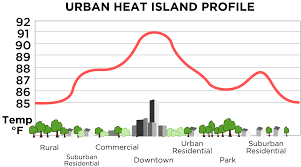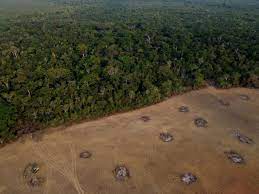There is a constant tug of war, between developed countries which are encouraging developing countries to continue to protect their wildernesses, and the developing countries wish to be able to develop – to lift their citizens out of poverty.
Granted, the majority of deforestation does not benefit the people on the ground, but it does not stop politicians in these countries arguing that those in the west cannot stop development by demanding conservation of ecosystems.
However, the amount of land that has been deforested in Brazil, is far in excess of what is needed for cattle pasture and experts have calculated that Brazil (the worlds number one Soy producer, and biggest beef exporter) could increase the amount of land used to grow Soy by a third without cutting one extra tree down.
We can only hope that with the election of Luiz Inácio Lula da Silva, the unregulated deforestation will stop. There is a great deal of space in Brazil for intensifying agriculture, which would allow a significant increase in productivity and goods coming from the agriculture lands, without cutting down any more rainforest.
Of course, this is partly a matter of survival. While some people on the ground in Brazil may wish to cut down more rainforest in order to have more cropland, the more forest is cut down, the less rain the remaining forest produces.















